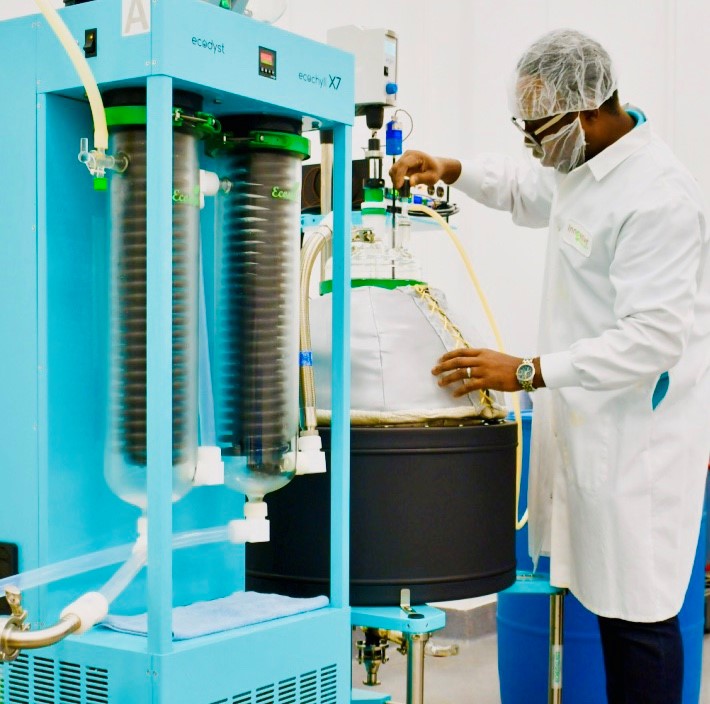What are Rotary Evaporators?
Organic chemistry concerns the study and preparation of carbon-based compounds. This often involves the induction of finely-tuned reactions to enable the observation of specific compositions, properties, and structures. Rotary evaporation is a ubiquitous technique in organic laboratories, providing the means for a range of test objectives – primarily distillation and solvent recovery.
What is a Rotovap?
Rotary evaporators, sometimes abbreviated to rotovaps, are complex instrumental systems used in both analytical and preparative organic chemistry. They can help users fractionate liquid-phase mixtures to characterize their composition or to purify specific compounds of interest. The applications of rotary evaporators are subsequently varied, empowering chemists in biotechnology, consumer goods manufacturing, pharmaceuticals, and more. Yet, as the demands of organic chemistry labs have increased, the pitfalls of conventional rotary evaporation have only become more apparent.
The Advantages and Disadvantages of Rotary Evaporators
A rotary evaporator is used to remove solvents from a mixture through evaporation. The trick is to reduce pressure in the system so that analytes will evaporate at temperatures below their boiling points at atmospheric pressure. This involves the use of multiple interconnected instruments and accessories, including a rotating container flask which is suspended in a water bath and connected via a hermetic feed to a condenser tube. Receiving flasks are then typically used to collect condensate materials.
The advantage of this rotary evaporator setup is that it is specifically designed for the desired function. However, the apparatus has a noticeably large footprint, particularly considering that the apparatus is engineered for a single job. This represents extremely poor economy from a space-saving and lab flexibility perspective.

A scientist works with the high-efficiency, high-capacity EcoChyll X7.
A Viable Alternative to Rotovaps
As commercial organic laboratories continue to grow in size and stature, the demand for higher throughput evaporation systems is rising commensurately. At Ecodyst, we envisaged an alternative to the large format rotary evaporators of the past, changing the unwieldy last-gen technology and compounding all the critical components of an efficient evaporation system into a user-friendly instrument.
The EcoChyll® line of evaporators is based on pioneering technology in direct-cooling. Our aim was to produce a series of products for organic chemistry labs of all sizes. We now offer specialized instruments for all manner of evaporative objectives, from small-scale fractionations of environmental samples to industrial-scale preparation of cannabis extracts.
If you would like more information about why the ground-breaking EcoChyll® range is superior to traditional rotary evaporators, simply contact a member of the Ecodyst team today.




